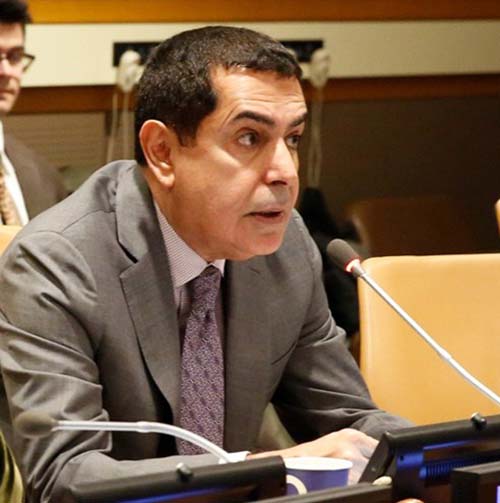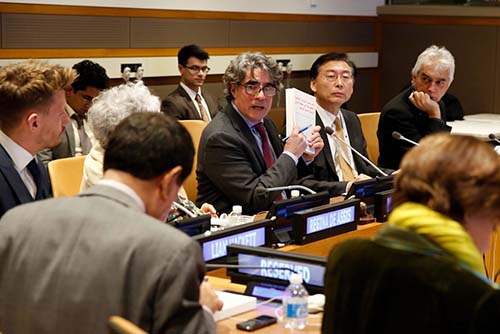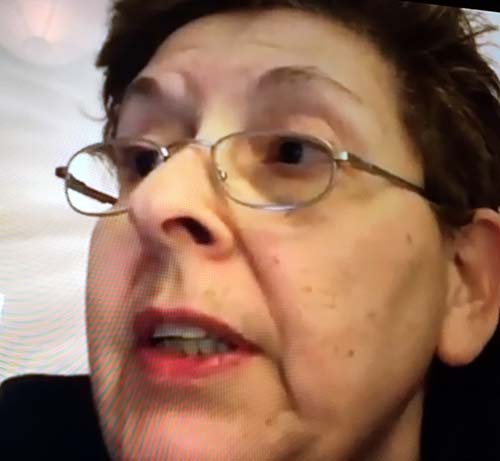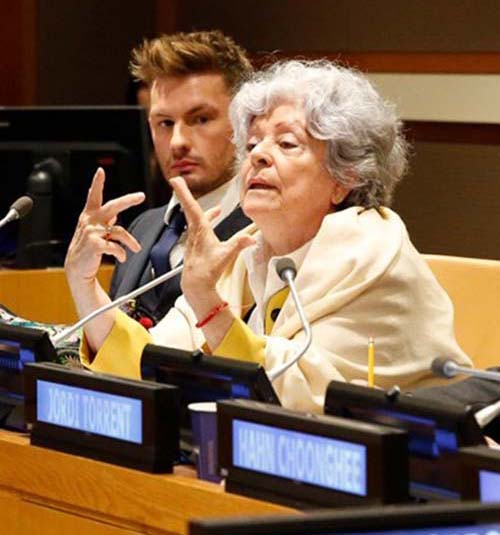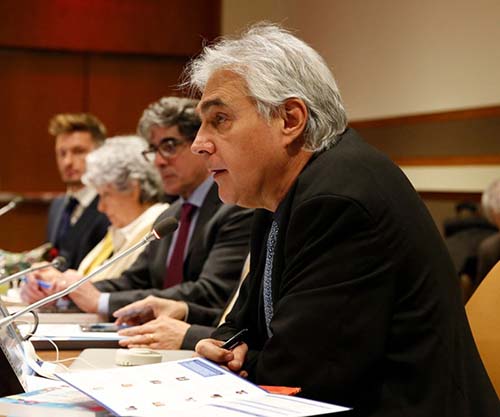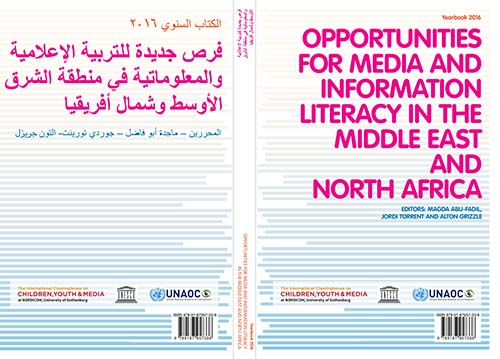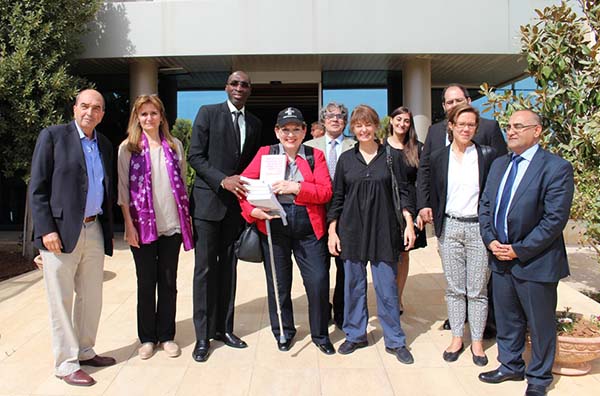Experts met at United Nations headquarters to discuss how best to mitigate violent extremism and incorporate their findings into viable educational frameworks against a backdrop of mounting xenophobia, hate speech, and a deficit in critical thinking.
The February 2017 New York forum, co-organized by the United Nations Alliance of Civilizations’ (UNAOC) Media and Information Literacy program and the United Nations Academic Impact’s (UNAI) Unlearning Intolerance program, was themed “Media and Information Literacy: Educational Strategies for the Prevention of Violent Extremism.”
Media Unlimited director Magda Abu-Fadil was part of the event with a presentation featuring case studies of positive initiatives from the Middle East and North Africa region that succeeded in mitigating violent extremism through engagement with youth.
She also highlighted examples of sedition, hate speech and xenophobia that are increasingly being disseminated via social media.
Her presentation is available in her Huffington Post contribution and LinkedIn blogpost.
The forum saw the Americas’ launch of the recently published “Opportunities for Media and Information Literacy in the Middle East and North Africa,” for which Abu-Fadil was the lead editor and a co-author.
The book was co-published by UNAOC, the United Nations Educational, Scientific and Cultural Organization (UNESCO), and the Nordic Documentation Center for Mass Communication Research (NORDICOM).
Abu-Fadil stressed the crucial need for media and information literacy (MIL) worldwide as well as the necessity for news and religion literacy to combat today’s toxic environment.
She’s been trying to create awareness on the subject in the Middle East and North Africa region for decades.
In 1999, a colleague from the University of Missouri’s School of Journalism and Abu-Fadil designed a cross-cultural media project.
In 2007, she presented a paper for a UNESCO world literacy conference in Doha, Qatar entitled “Media Literacy: A Tool to Combat Stereotypes and Promote Intercultural Understanding.”
These are just two of the many articles, chapters in books and blogposts she’s published. She’s written, spoken, and trained extensively on the subject.

